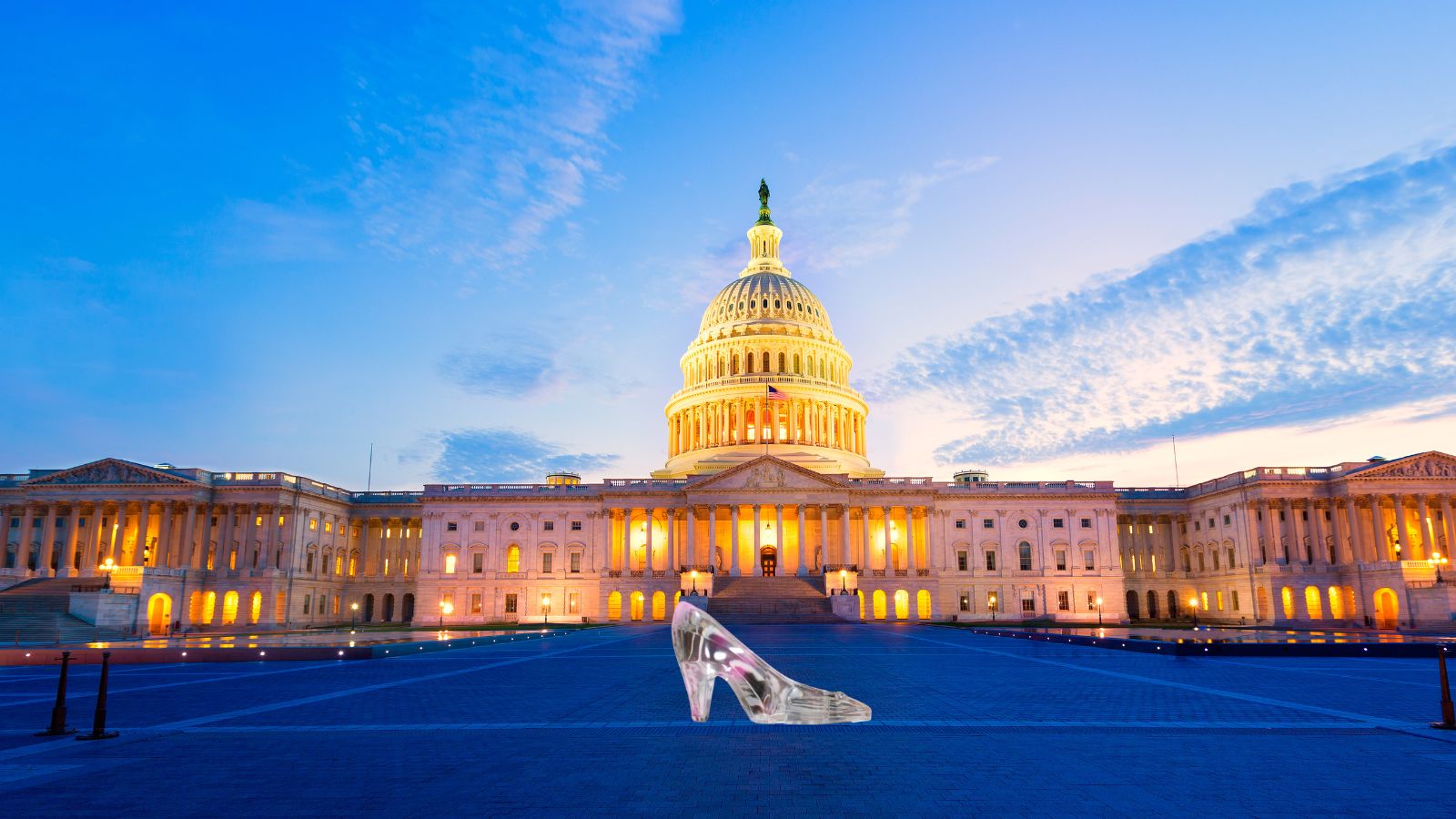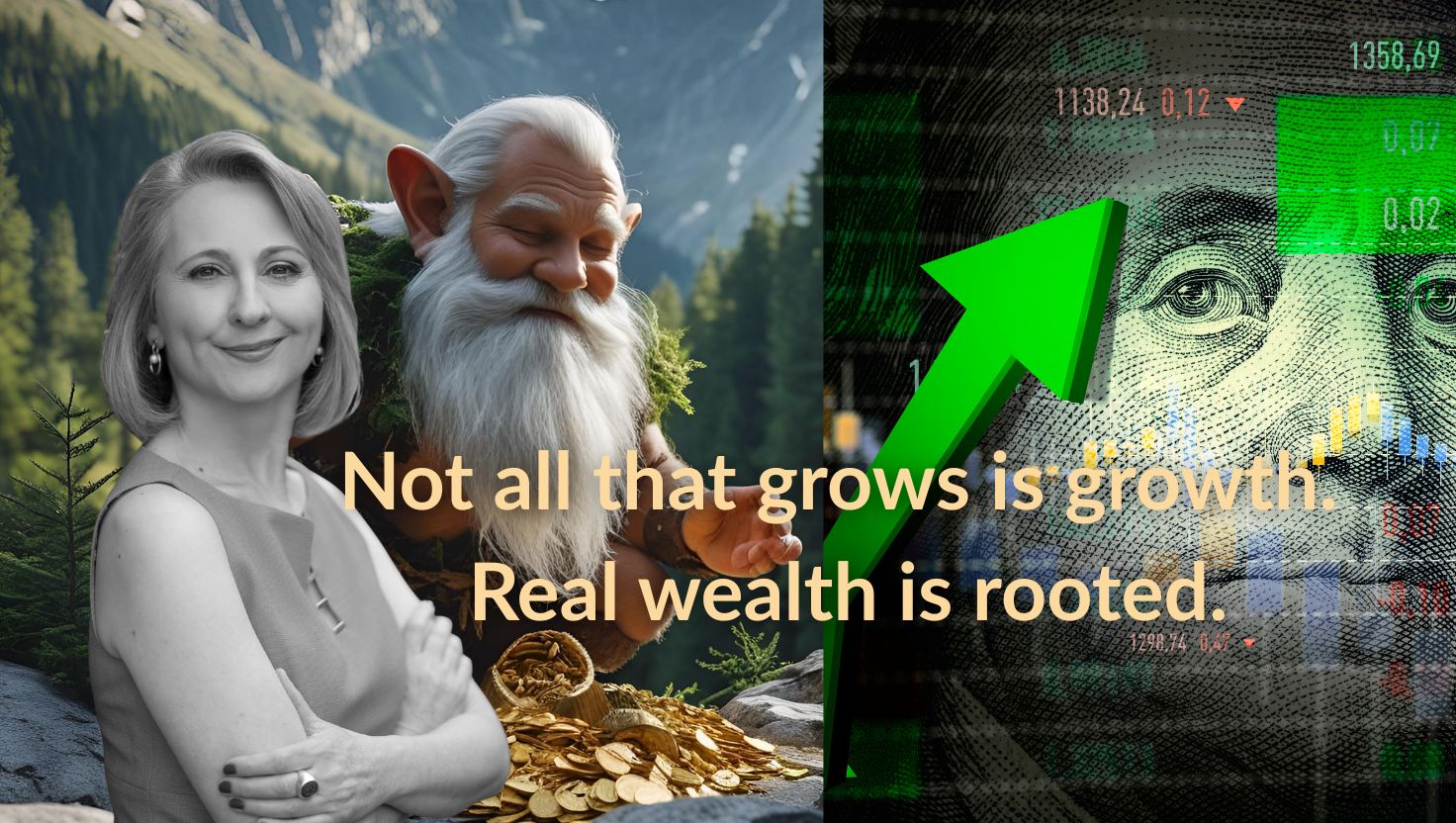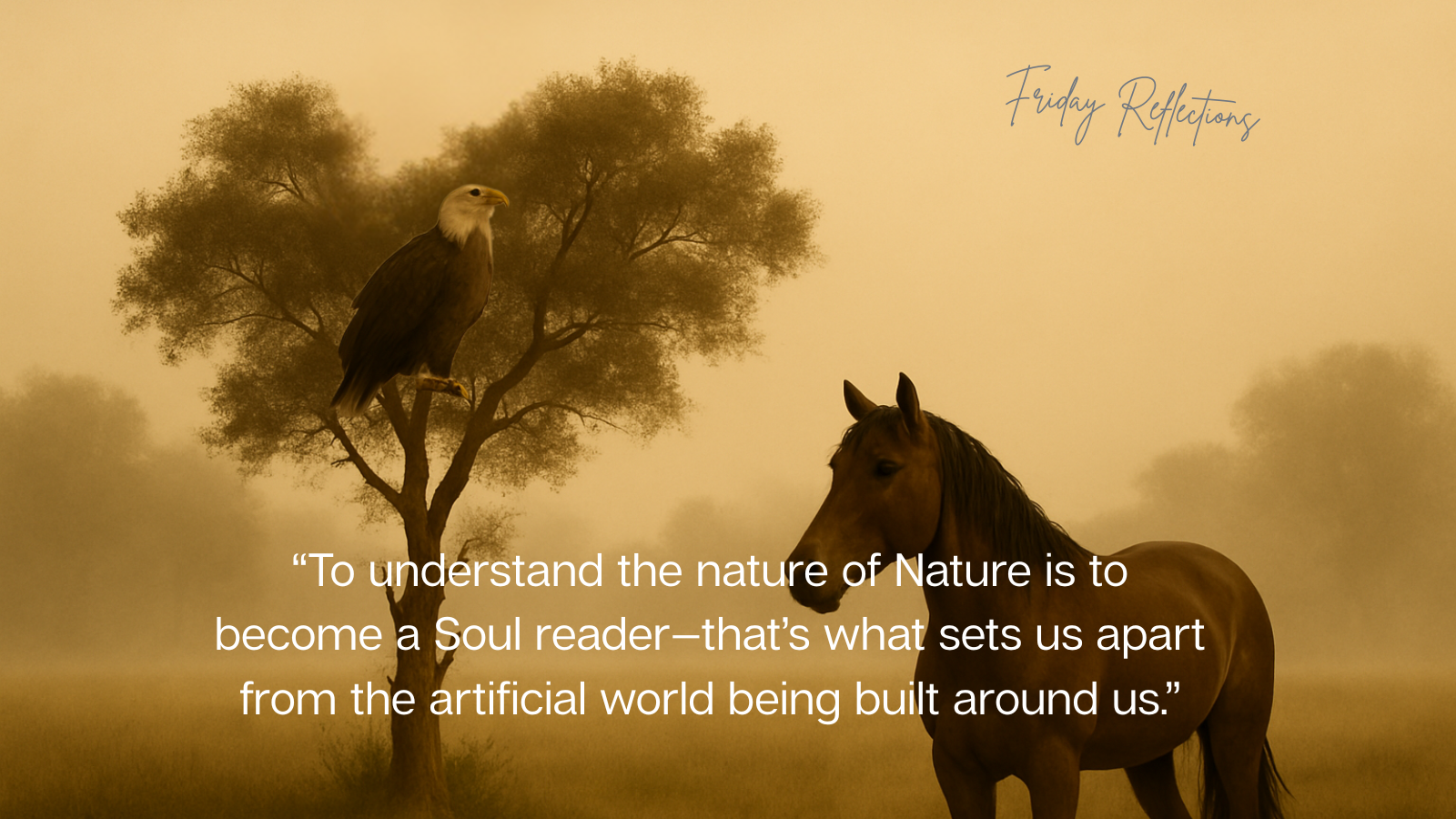
Heading
MYSTICISM I RELEVANCE I POLITICS I CONSTITUTION I NATURAL LAWS
Summary: The US Constitution, a document that protects individual rights, is a foundation for the flow of life in the nation. Like a riverbed, it is a living vessel that allows for the evolution and unfolding of life, and is based on the principles of living organisms. The Constitution has been amended over time to address societal changes which has led to overreach by the federal government, because the fundamental principles and their relevance for the evolution of mankind towards true liberty - liberation of body, mind and soul - a spiritual evolution of humanity -- have not been considered in making those amendments. The Constitution remains a vital part of American Life and abundant society and is essential for understanding the country's history and future.
KEY POINTS:
The U.S. Constitution uniquely protects individual rights from potential government tyranny.
Recent discussions highlight a lack of understanding about the Constitution's significance among Americans.
The Constitution's principles are based on natural laws, ensuring both static and dynamic governance.
No one can imagine the US without its most famous legacy: the Constitution. Written at a time when no constitution had ever been written before; an anchor of rights that explicitly protects the individual from potential tyranny of governments. Unique in the world to this very day.
Like the bed of a river that frames a flowing body of water on each side, so the water can keep flowing and yet is safely contained - the US Constitution acts as a river bed -- a container -- to hold space for the flowing of life as US society and the nation further develop towards "a more perfect union".
Riverbed BTW originates from two word concepts: river -- meaning 'flow'; and bed --meaning 'laying down', 'rest in safety'. So, in allegorical terms, a riverbed is a foundation that allows a flow but simultaneously is a place of rest, where one can flow safely within a guarded form.
The US Constitution is a lot like that. And perhaps, if we see it similarly to a foundation of the flowing river of life, we understand the Constitution's huge significance and why it never loses its relevance. Because it is -- like a riverbed -- the holding ground over which the flow of life of our nation can flow.
"The core principle of being born equal has a much deeper meaning: for starters, we're all born equal and die equal. We come through the womb of a woman and we die independent of rich and poor. What we make in between is up to us. So starting with the development of each person as an individual is the central to becoming a compassionate, wealthy, healthy society."
Recent talks about changing the Constitution -- an ignorant move -- have shown, sadly, how little the US Constitution is known today by a vast majority of Americans. Why else would we let political representatives stray away from its principles and purpose it was set up for?
Particularly younger people know almost nothing about the Constitution's foundation and relevance beyond the historic timeline of when it was written. We hear talks about the Constitution being "too old", "too irrelevant", "written by white men" etc. -- but few go through the effort of actually understanding the document's deeper connection to Life and the core principles of living organism it adopted to protect. How the Constitution frames and allows for the flow of life forward over which water can safely flow.
The word constitution means a body of fundamental principles according to which a state, or anything really, is acknowledged to be governed. All living organisms are governed by a set of principles -- a constitution.
Not necessarily in written form, but every living organism -- humans, animals, plants, minerals -- follow a certain governance, based on the universal natural laws of the Intelligence of Creation (God, Source, Creator, Energy) -- whatever you call it.
Constitution means a composition of something. A makeup. It is always tied to LIFE, thus: a living governance!
All governance of life in every living organism is two-fold: it has a static and a dynamic component. A human being for example has a mortal and an immortal part. Every living organism follows that same two-fold structure. We are all subject to duality.
The static part is the foundation, the principles; the dynamic part is the evolution and the flow of life as it unfolds. So, to say that the US Constitution would be an "outdated document" or "dead" is far from the truth. As every living organism, it contains static principles and dynamic components which allow for life to flow and unfold.
Human beings, too, have a constitution. If you live in disharmony with natural laws of the universe, your constitution gets temporarily weakened - and you feel sick as a state of being for a certain amount of time. As you get healthy, you're still in the same body, but you feel better. You see: a constitution always has two components: a fixed part and a dynamic part.
The US Constitution: Based on the Laws of Living Organisms?
The US Constitution draws a lot from the principles of living organisms in how it structures it governance and principles of how the spirit unfolds to bring human beings into our higher potential. Even here, the concept of "creating a more perfect union" applies.
While for most, the more perfect union reflects on the surface, of course, the union of Beautiful America: overcoming our challenges, different backgrounds, personalities, way of life, demographics and beliefs to become a better union of people. However, it also centers the unfolding of America on individuals becoming master of their destiny. That is a direct application of working through one's spiritual development, because becoming a master of your own destiny involves a lot of personal overcoming and spiritual growth. So, you see, spiritual growth as a human being and creating a more perfect union as people both imply inner workings.
"Like a riverbed: The US Constitution is a lot like that. And perhaps, if we see it similar to a foundation of the flowing river of life, we understand the Constitution's huge significance and why it never loses its relevance. Because it is -- like a riverbed -- the holding ground over which the flow of life of our nation can flow."
So, in a deeper sense, the more perfect union also refers to becoming conscious of who you are: a Divine being. Master of your destiny. Creator of the life you want to live. It's America's promise.
But also a lot of work. It's endeavoring on a journey of the human spirit -- overcoming your own inner demons and obstacles as well as outer ones. It's the journey of a dragon hunter who needs to kill the inner dragon (his/her own inner dragons) to become your own master.
You can transform into such by doing the Great Work. So that you as a personality, an individual, also create a more perfect union between your outer and inner being. -- The mortal and the immortal part of you. A union with the Divine, a union of Body, Mind and Soul. That is true liberation. True "liberty". Freedom is not something to be free from. Freedom is freedom to individuate. The Founding Fathers understood that.
The Constitution was built upon core principles of human life intended to protect core values based on the nature of living organisms! More here at 10:02
"The US Constitution draws a lot from the principles of living organisms in how it structures it governance and principles of how the spirit unfolds to bring human beings into our higher potential."
1. The notion that all humans are created equal. By which the Founding Fathers meant: everyone born in the US has equal rights.
While this can be debated and has baggage looking at American history, you have to look and see how far we have come in the strive towards that ideal. There are no rights of nobility and no one is born a King in America. But: a principle alone does not make us all feel equal. You have to do the work. Feeling equal today is mostly an inner journey. As we no longer have physical chain shackles, but a lot of mental and emotional shackles and personal, inter-generational trauma. It requires a lot of inner work to move beyond injustices from the past, forgiving each other and integrating the hurt parts of our Soul and those of our ancestors into our individual personalities.
The core principle of being born equal has a much deeper meaning: For starters, we're all born equal and die equal. We come through the womb of a woman and we die independent of rich and poor. What we make in between is up to us. So starting with the development of each person as an individual is central to becoming a compassionate, wealthy, healthy society.
Everyone has the same choice to develop spiritually and attain spiritual/creative power. We get lost in today's world in focusing too much on circumstances vs learning how to create your circumstances. The latter is the true liberty to strive for. In the US, the foundation for that, is set.
2. We're endowed by the Creator with unalienable rights to Life, Liberty & the Pursuit of Happiness:
In the US, there is an explicit understanding that our individual rights are God-given, not government-given. This is a stark difference to other constitutions around the world. It anoints us as individuals a higher power than the government. This is important to understand, because many people today don't grasp the real impact of this idea which governs our relationship as the governed with the governing. No majority can take away your individual rights.
Incorporating this idea into the very foundation of the USA is the closest in mirroring how the universe has been created and manifested and integrate natural laws:
The human being as an individual is the first visible vessel/form as an expression of God, a visible image of God encompassing three higher energies that never materialize. The manifested Individual is at the center of Creation. It directly reflects the Creation principles of micro and macro cosmos.
As Archimedes said "give me a place to stand and with a lever I will move the whole world". In physics terms, this illustrates the law of the lever; in metaphysical terms, it illustrates that as an individual you can take place in your center of your world -- and by that become part of the whole world. Meaning: as the world is in you, so is the world outside all around you.
3. Government is instituted on purpose to protect those very rights.
This is where governments in recent decades have strayed away from and developed into big bureaucracies that meddle in everything vs staying focused on mainly protecting our individual, God-given rights.
4. People are Sovereign.
Our elected representatives derive their power from the consent of the governed. That is to say: from us, the people. This leads to what's called a "mixed constitution". What that means, you can hear more: Read more about that: here (beginning at 11:07)
Major criticisms of the Constitution today:
Of course, everything has pros and cons, and here are criticisms of the Constitution that have been brought up:
"Written by white men": It's always easy to see things in 20/20 hindsight. Unless you were there, history comes in many shapes. Secondly, what most forget is that the word 'men' did not only refer to white males at the time, but to humanity as a whole. We're speaking of mankind.
"They had slaves" : Yes, but does that fact make the entire wording and intent of the Constitution less valid? Catherine the Great was seen as enlightened ruler, and yet, she was ruthless, had not liberated serfdom for example. Although we all seem to like the idea that one person could have change something single-handedly -- reality is it takes many people to change something fundamental and any idea has a time when the time for the idea has come. A single person or a group of people cannot change the entire way of life at time periods. The founding fathers did intend to change slavery, according to Constitutional lawyer, Jonathan Emord.
Conclusion: Many issues we're facing today in politics like the two party system are not due to the Constitution. In fact, political parties never were part of the Constitution. Neither was the IRS.
Where did the United States stray away from the principles of its Constitution?
1. Expansion of Federal Power: One of the primary arguments is that the federal government has expanded beyond the limits intended by the Constitution, particularly through interpretations of the Commerce Clause and the Necessary and Proper Clause. This expansion has led to what some see as an overreach into areas traditionally left to the states or the people, as reserved by the Tenth Amendment.
2. Amendments and Interpretations: The Constitution has been amended to address various societal changes, like the abolition of slavery, women's suffrage, and prohibition of alcohol, which were later repealed. These amendments reflect evolving societal norms but also introduce changes to the original document. Critics argue that some amendments or their interpretations have led to significant deviations from the original intent, especially concerning the balance of power between federal and state governments.
3. Judicial Review and Activism: The Supreme Court's role has evolved, especially with the concept of judicial review established by Marbury v. Madison (1803), allowing the Court to declare laws unconstitutional. Critics of judicial activism argue that this power has been used to legislate from the bench, fundamentally altering the balance of power by interpreting the Constitution in ways that might not align with its original text or intent.
4. Electoral College and Representation: The structure of the Electoral College, which can result in a president winning without the popular vote, is often cited as undemocratic by critics. This system, designed to balance power between states, is seen by some as outdated, but was put in place to balance the discrepancy between rural and urban life and population sizes.





